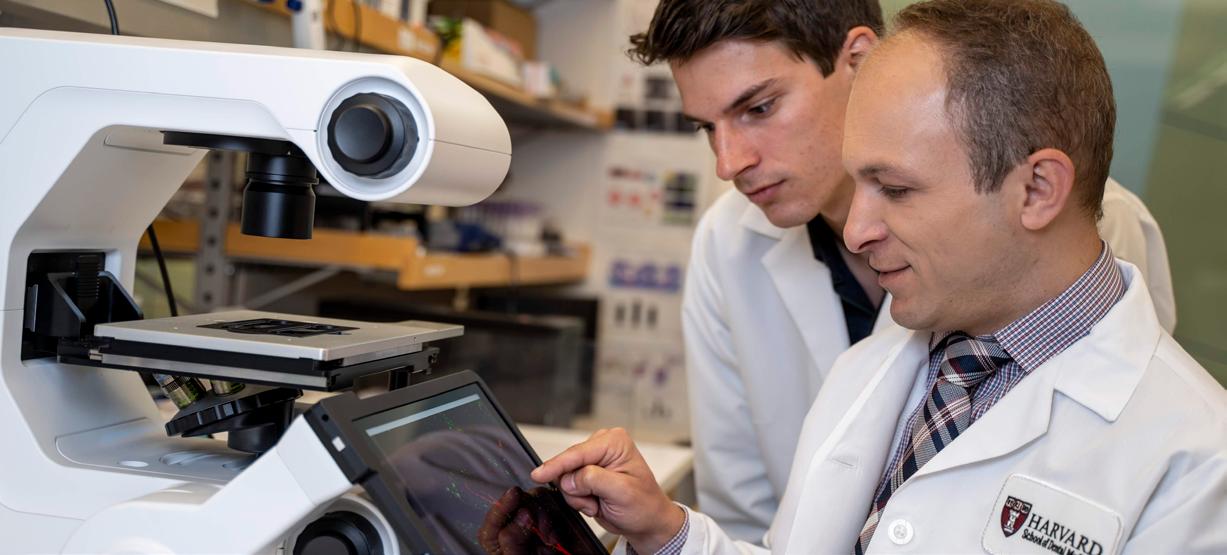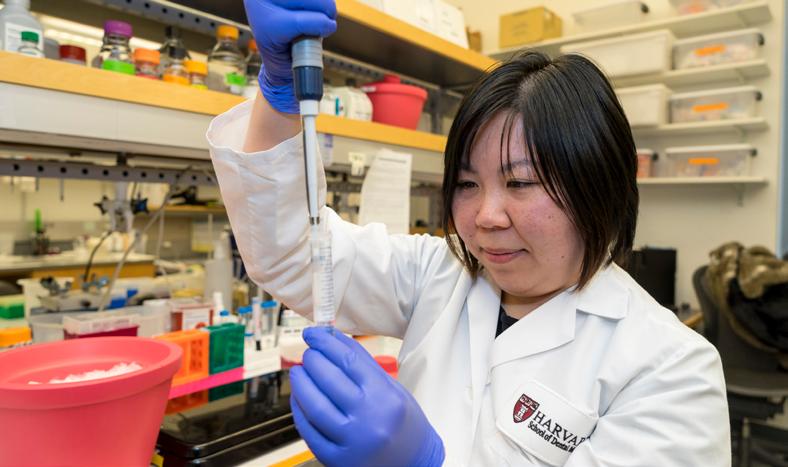
1 minute read
Pursuing Groundbreaking Research
HSDM is striving to further its research initiatives through improved infrastructure, in turn bolstering clinical innovation. By leveraging its scientific strengths and focusing on the areas of skeletal biology and the pathology of bones, joints, vascular, and connective tissues, HSDM has established a strategic direction for its basic science research programs.

The School’s long-term goal is to be at the forefront of research into the cause and cure for diseases of bone and craniofacial soft tissues. Such research enables dental medicine to impact new avenues of research and investigation into major skeletal disorders such as osteoporosis and osteoarthritis, autoimmune diseases, tumor biology, and wound healing, taking dentistry beyond the mechanical techniques, and repositioning the discipline firmly in the realm of biology.
HSDM’s affiliate, The Forsyth Institute, is the only independent research institution in the U.S. focusing on connections between oral health and overall wellness. For decades, Forsyth has been a top-tier institution in National Institutes of Health research funding, with particular strength in immunology research. It remains a leader in oral health research and pediatric dental care with an emphasis on public health outreach.
Through its clinical facilities, HSDM continues to differentiate itself with a unique emphasis on clinical, translational, health policy, and epidemiological research combined with exemplary patient care and education. HSDM has become a leader in oral health informatics, specifically dental diagnostic terminology in the electronic health record, patient safety, and quality improvement. Clinical research projects are focused on dental genetics, regeneration, color science and soft tissue esthetics, early caries detection, fixed prosthodontics, oral implantology, and applied digital dental technologies.




